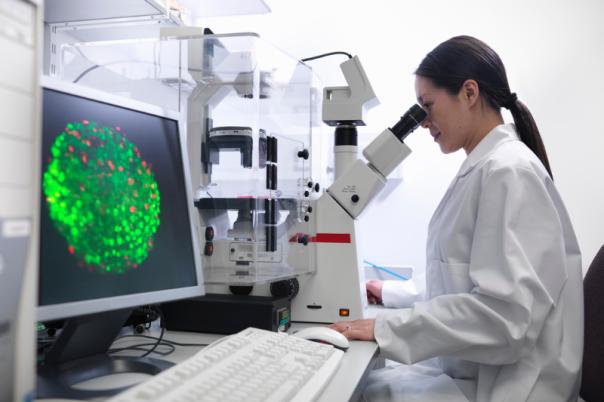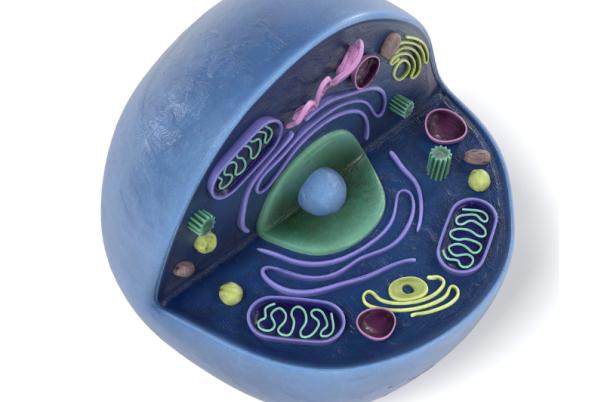The total number of Advanced therapy medicinal products (ATMPs) has exploded in the last 15 years. Roshni Desai, a Non-Clinical Assessor at the MHRA gave an insightful overview of what the MHRA expects from ATMPs regarding pre-clinical requirements for early clinical trial applications. She outlined the MHRA’s ultimate priority: “Patient safety is at the forefront of everything that we do throughout the life cycle of a pharmaceutical product. So, we want to ensure that any of these products available to the UK public are safe to use.”
According to the Human Medicines Regulations 2019, ATMPs consist of gene therapy products, cell therapy products, and tissue-engineered therapy. Desai explained that between 2009 and 2002, there was a substantial increase in ATMPs available on the EU market due to widespread scientific research on gene therapy products. The UK remains a frontrunner in terms of the number of clinical trials with ATMPs.
Safety concerns for cell-based products are common, cell products often induce inflammatory and immune responses in certain individuals. Concerning gene therapy products safety concerns arise from vector biodistribution to non-target tissues. Adverse effects from CGTs are linked to DRG toxicity. Desai stated: “From a regulator's point of view, the role of preclinical development is essentially to reassure, that the claim benefit of
the product is scientifically justified and to identify and characterise risks in their use basically.” Furthermore, she stressed that pharmacology data is crucial; scientists must demonstrate pharmacodynamic activity in relevant in vivo or ex vivo models, and they must give a brief justification of the model selected and how they are applicable to the indication being examined. Regarding PK studies biodistribution is ideal.
Desai commented: “The regulators reviewing an application for advanced therapies are looking for evidence that the protocol explicitly describes how preclinical investigations identify and address all the potential signs of concern.”
Overall, MHRA adopts a flexible case-by-case approach. However, all preclinical assessments must explicitly address any potential safety concerns, explain their choice of animal model, explain its relevance to human studies, and align quality and clinical trial information. The MHRA advocates for open and transparent discussions between sponsors, regulators, and other key players to work through the complicated nature of ATMPs. Early engagement with regulatory bodies also improves the likelihood of approval and patient safety.






